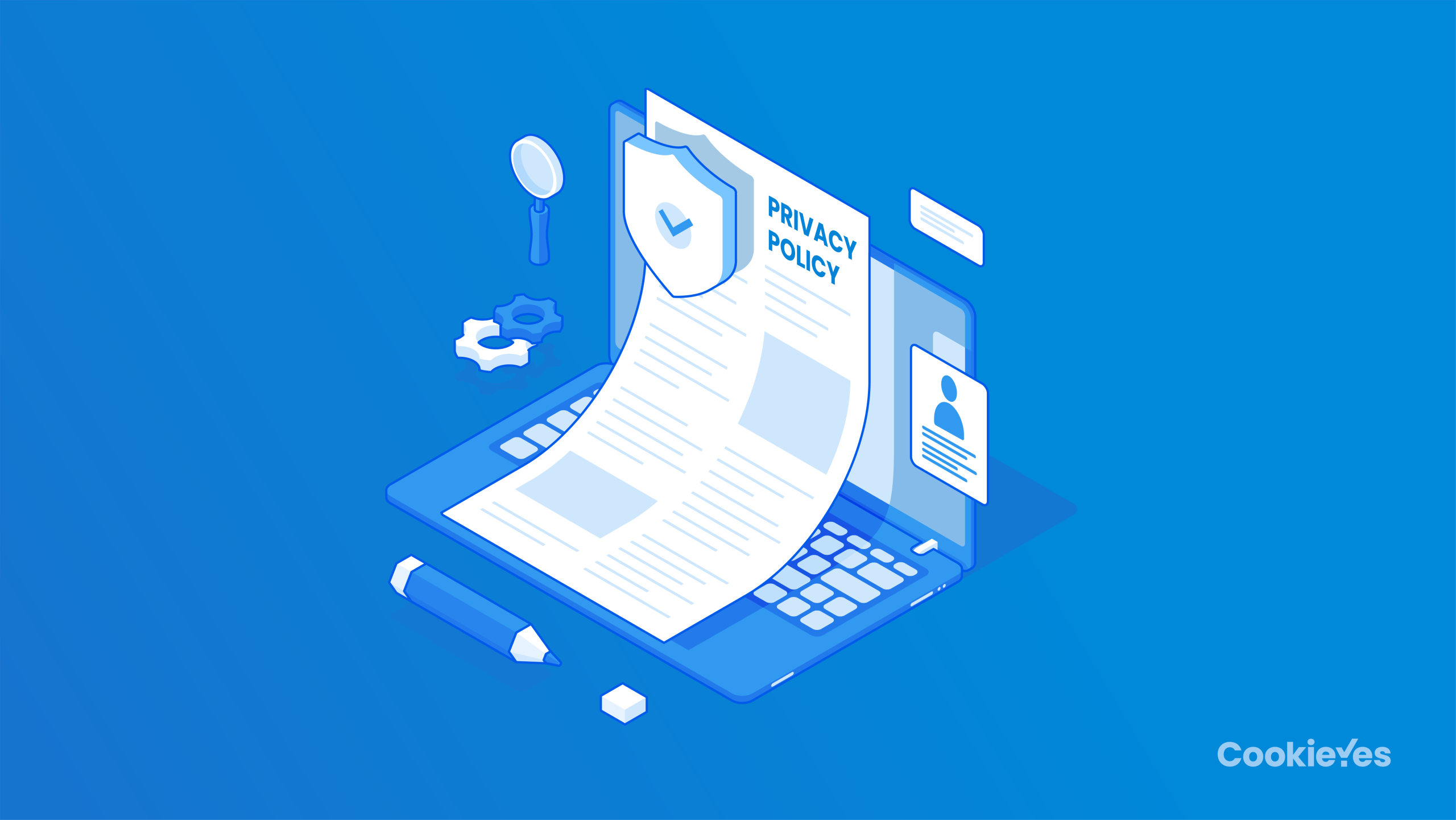Inflation‚ the silent thief of purchasing power‚ erodes the value of your hard-earned money over time. Understanding how to protect your savings from its insidious effects is crucial for long-term financial security. One surprisingly effective strategy is leveraging a high-interest savings account. These accounts‚ often overlooked in favor of flashier investment options‚ offer a safe and liquid way to grow your wealth while simultaneously mitigating the negative impact of high-interest savings account on your overall financial health.
Understanding the Inflationary Threat
Inflation essentially means that the same amount of money buys less goods and services than it did previously. Think about the rising costs of groceries‚ gasoline‚ and housing – these are all manifestations of inflation at work. The official inflation rate‚ often reported in the news‚ provides a general indication of the rate at which prices are increasing‚ but its personal impact can vary depending on individual spending habits.
- Erosion of Savings Value: If your savings are simply sitting in a standard savings account with a low interest rate‚ the real value of your money is actually decreasing as inflation rises.
- Reduced Purchasing Power: As prices increase‚ your money doesn’t stretch as far‚ making it harder to afford the things you need and want.
- Impact on Long-Term Goals: Inflation can significantly impact your ability to achieve long-term financial goals such as retirement or buying a home.
How a High-Interest Savings Account Fights Back
A high-interest savings account offers a powerful defense against inflation by providing a return on your savings that can help to offset the decline in purchasing power. The key is to find an account that offers an interest rate that is at least close to‚ if not higher than‚ the current inflation rate. This allows your money to grow at a rate that keeps pace with rising prices‚ effectively preserving its real value.
Benefits of Choosing a High-Interest Savings Account:
- Principal Protection: Most high-interest savings accounts are insured by the FDIC (Federal Deposit Insurance Corporation)‚ protecting your deposits up to a certain amount.
- Liquidity: Unlike investments like stocks or bonds‚ you can easily access your money in a high-interest savings account when you need it.
- Simplicity: These accounts are easy to understand and manage‚ making them a great option for beginners.
- Competitive Interest Rates: Many online banks and credit unions offer significantly higher interest rates than traditional brick-and-mortar banks.
Comparing High-Interest Savings Accounts
Choosing the right high-interest savings account requires careful consideration. Here’s a simple comparative table showcasing factors to consider:
| Feature | Importance | Considerations |
|---|---|---|
| Interest Rate (APY) | High | Compare rates across different banks and credit unions. Look for accounts with consistently high yields. |
| Fees | High | Avoid accounts with monthly maintenance fees or other hidden charges. |
| Minimum Balance Requirements | Medium | Some accounts require a minimum balance to earn the advertised interest rate. Ensure you can meet this requirement. |
| FDIC Insurance | Essential | Confirm that the account is FDIC-insured for peace of mind. |
| Accessibility | Medium | Consider how easily you can access your funds (online transfers‚ ATM withdrawals). |
But is simply opening an account enough? Should you consider factors like compounding frequency‚ which dictates how often your earned interest is added back to your principal‚ thereby accelerating growth? Do daily compounding accounts offer a significant advantage over monthly compounding ones? And what about the impact of taxes on your interest earnings? Are you prepared to factor in the tax implications when comparing different account options? Furthermore‚ have you considered laddering your savings across multiple high-yield accounts with varying maturity dates to maximize interest earned while maintaining liquidity? Could this strategic approach provide a more robust defense against the unpredictable nature of inflation?
Beyond Savings Accounts: Exploring Complementary Strategies
Is a high-interest savings account the only weapon in your anti-inflation arsenal? What about investing in Treasury Inflation-Protected Securities (TIPS)‚ government bonds designed to protect against inflation? Do these offer a potentially higher return compared to savings accounts‚ albeit with potentially less liquidity? Could you also consider investing in commodities like gold or real estate‚ often seen as inflation hedges? But wouldn’t these require a more significant upfront investment and a greater understanding of market dynamics? Are you comfortable with the risks involved in these alternative investment strategies? What about simply focusing on increasing your income? Could negotiating a raise or pursuing additional income streams provide a more direct and effective way to combat the rising cost of living?
Diversifying Your Financial Defense:
- Are you familiar with the concept of asset allocation and how it can help mitigate risk and maximize returns?
- Should you consult with a financial advisor to develop a personalized investment strategy tailored to your specific financial goals and risk tolerance?
- What role should your emergency fund play in your overall financial plan‚ and how should it be positioned to protect against unexpected expenses?
Ultimately‚ what is the best approach for you? Does it involve a combination of strategies‚ including a high-interest savings account‚ diversified investments‚ and proactive income management? Are you ready to take control of your financial future and shield your hard-earned money from the corrosive effects of inflation? Is your financial plan truly inflation-proof?

